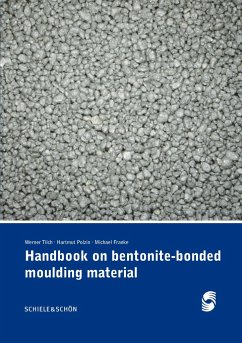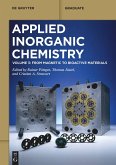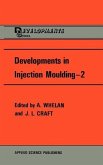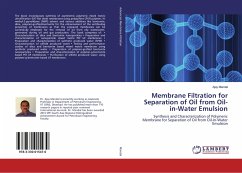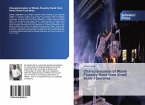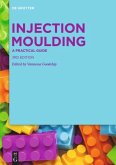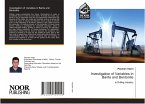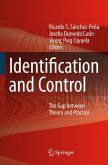According to estimates, modern foundries in Germany, Europe and worldwide replace about 70 % of their lost moulds with moulds made of bentonite-bonded materials. The main mould components are quartz sand, bentonite and water. These components are compacted in one of the most productive procedures in the foundry. One of the main advantages of this moulding material system is the ability to restore the bonding power of most of the material. This ability creates a moulding material circulation system. This system and the use of mostly inorganic moulding materials make this creation of moulds the most environmentally friendly choice for the cast part production.Because of this circulation of moulding materials and specifically because of the bentonite/water bonding system, the preparation of moulds made from bentonite-bonded moulding materials is very different from making moulds and cores using materials with chemical binders. This manual describes the handling and preparation ofbentonite-bonded moulding materials as well as the moulding material recovery and re-use after forming the cast part.
Hinweis: Dieser Artikel kann nur an eine deutsche Lieferadresse ausgeliefert werden.
Hinweis: Dieser Artikel kann nur an eine deutsche Lieferadresse ausgeliefert werden.

